Optimal Timing for Siding Service
Choosing the optimal time for siding service can impact the quality and durability of the installation or repair. Weather conditions, temperature, and humidity levels all influence siding work. Typically, mild and dry seasons provide ideal conditions for siding projects, ensuring proper adhesion and installation.
Spring offers moderate temperatures and lower humidity, making it suitable for siding installation and repairs.
Summer can be hot and humid, which may affect siding materials and installation timing, but longer daylight hours allow for extended work periods.
Fall provides cooler temperatures and typically stable weather, ideal for completing siding projects before winter.
Winter is generally not recommended due to cold temperatures and potential for snow or ice, which can hinder installation and affect siding materials.
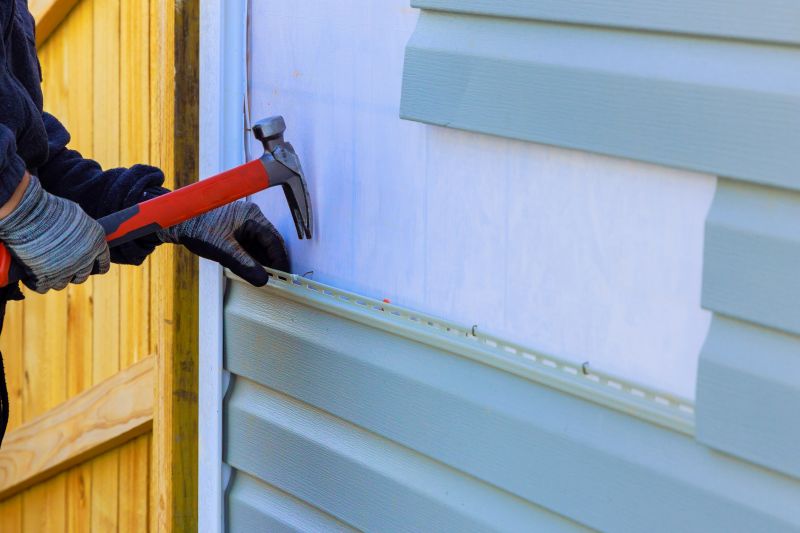
Ways to make Siding Service work in tight or awkward layouts.
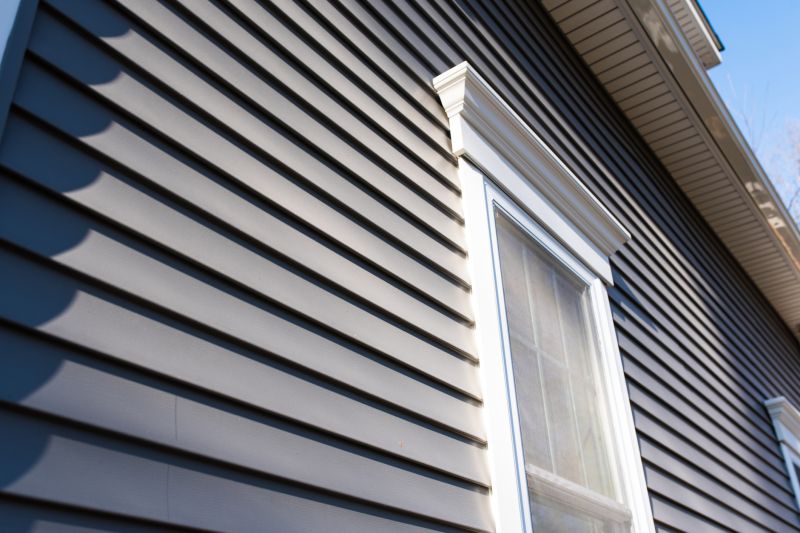
Popular materials for Siding Service and why they hold up over time.
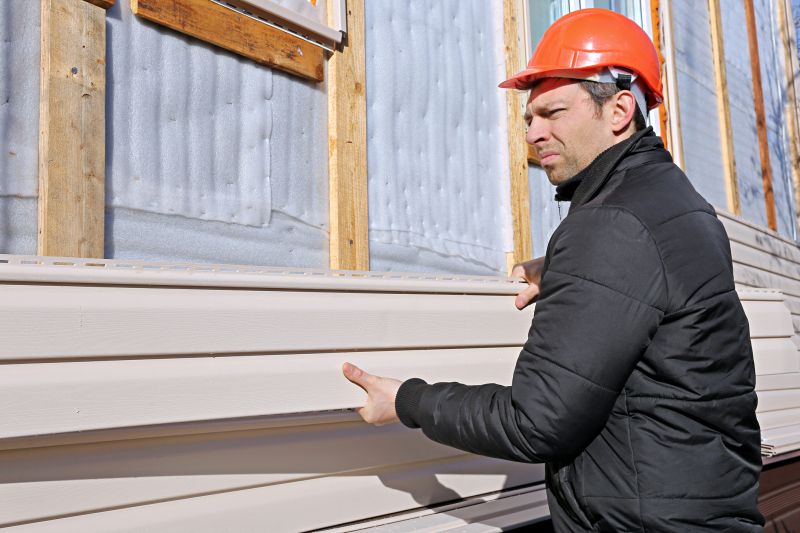
Simple add-ons that improve Siding Service without blowing the budget.
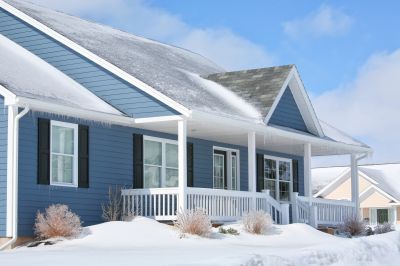
High-end options that actually feel worth it for Siding Service.
| Season | Optimal Conditions for Siding Service |
|---|---|
| Spring | Moderate temperatures, low humidity, ideal for installation. |
| Summer | Longer daylight hours, but hot and humid conditions may require scheduling adjustments. |
| Fall | Cooler temperatures, stable weather, suitable for completing projects. |
| Winter | Cold temperatures and potential snow or ice make it unsuitable for siding work. |
Siding service involves the installation, repair, or replacement of exterior siding materials to enhance the appearance and protect the structure of a building. Proper timing ensures the longevity of siding and minimizes issues related to weather exposure. Siding materials such as vinyl, fiber cement, and wood each have specific installation requirements and optimal conditions for best results.
Statistics indicate that scheduling siding projects during favorable weather can reduce the risk of material damage and improve installation quality. For example, siding installed in dry, mild conditions is less likely to develop issues like warping or moisture intrusion. Proper timing also allows for better inspection and finishing, leading to longer-lasting results.
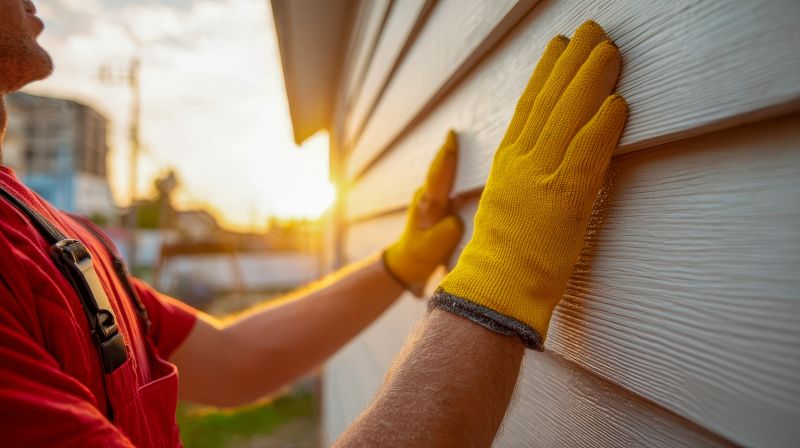
Finishes and colors that play nicely with Siding Service.
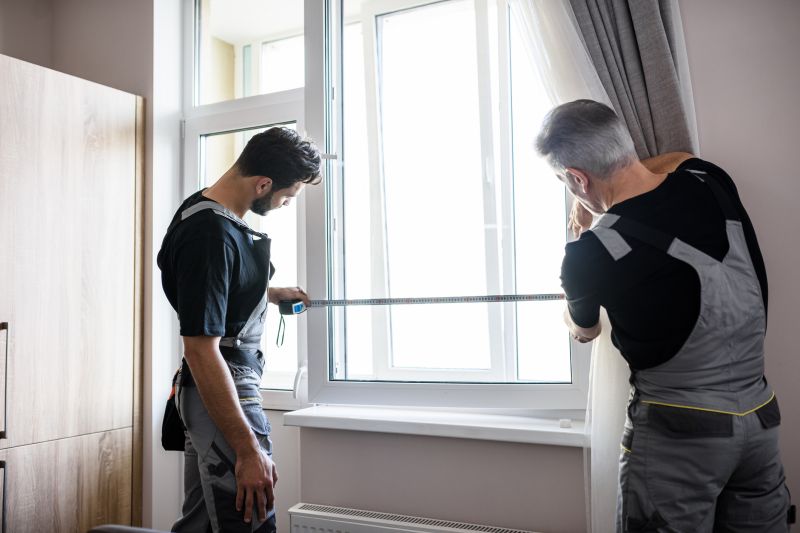
Little measurements that prevent headaches on Siding Service day.
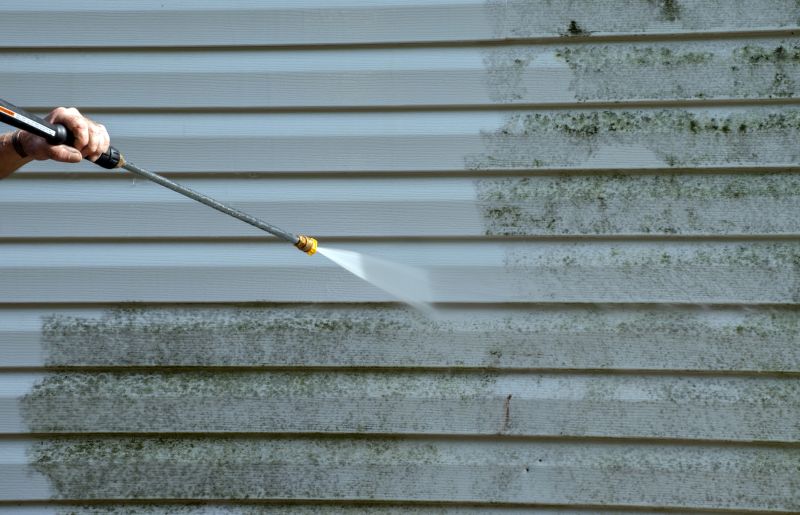
A 60-second routine that keeps Siding Service looking new.
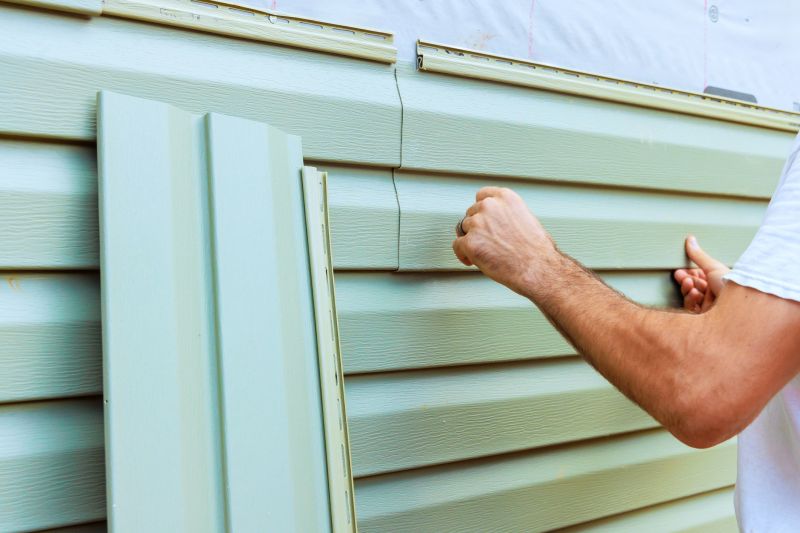
A frequent mistake in Siding Service and how to dodge it.
Individuals interested in scheduling siding service are encouraged to contact for more details or to discuss project timing. Proper planning and choosing the right season can ensure the best results and durability for exterior siding.


